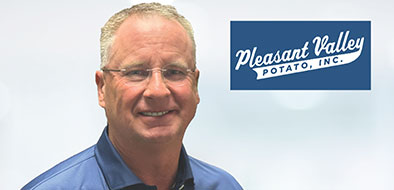
Say Goodbye to Varicose Veins!
“Dr. John Whiting is using mechanochemical ablation (MOCA) to treat varicose veins, chronic venous reflux, restless leg syndrome, eczema, itching, and pain.”
As many as 50 percent of American adults suffer from some form of vein disease. And, up to 60 percent of adults may have chronic venous disease, such as varicose veins, which put them more at risk of suffering from other conditions that could pose a real danger to a person’s health.
Normally arteries carry oxygen-rich blood from your heart through the body, and veins return that blood to your heart. Over time, vein walls can become weak, damaged, stretched, or injured. The damage can cause your veins to stop working properly and blood to flow backward when your muscles relax. This backward flow of blood creates high pressure and even pooling in the veins, which results in stretching, twisting, and swelling of the veins. These abnormal veins with sluggish blood flow cause vein disease.
Symptoms of vein disease include varicose veins, spider veins, leg cramps, restless legs, itching legs, heaviness in the legs, burning legs, and swelling legs. Signs you may have varicose veins include veins that are dark purple or blue in color and veins that appear twisted and bulging; often like cords on your legs. Left untreated, vein disease can gradually worsen and have debilitating effects on your lifestyle.
REVOLUTIONARY TREATMENT
John Whiting, MD, board-certified interventional radiologist at Bingham Memorial, is the only doctor in the region to use endovenous mechanochemical ablation (MOCA) to treat varicose veins, chronic venous reflux, restless leg syndrome, eczema, itching, and pain. He is also a Diplomat of the American Board of Venous and Lymphatic Medicine, and was the first to bring this new and innovative technology to Idaho.
Through a tiny access in the skin, MOCA is performed using a special rotating catheter that is advanced into the vein. A drug called a sclerosant is then injected through the catheter to close down the vein so healthy veins can take over, thus reducing your chance for recurrence of problems. MOCA is a simple, in-office procedure and heat is not used like with a thermal ablation.
The main advantage of MOCA is the avoidance of multiple needle sticks for local anesthesia. There is also decreased risk for potential nerve damage that can occur with burns. In addition, there is little to no pain and very fast recovery—more so than traditional laser treatments.
SCHEDULE A CONSULTATION
Seeking treatment early for vein disease results in the best outcome. If you think you might be suffering from of the common conditions mentioned in this article, please call to schedule a consultation: (208) 785-3833 in Blackfoot and (208) 239-8004 in Pocatello.


